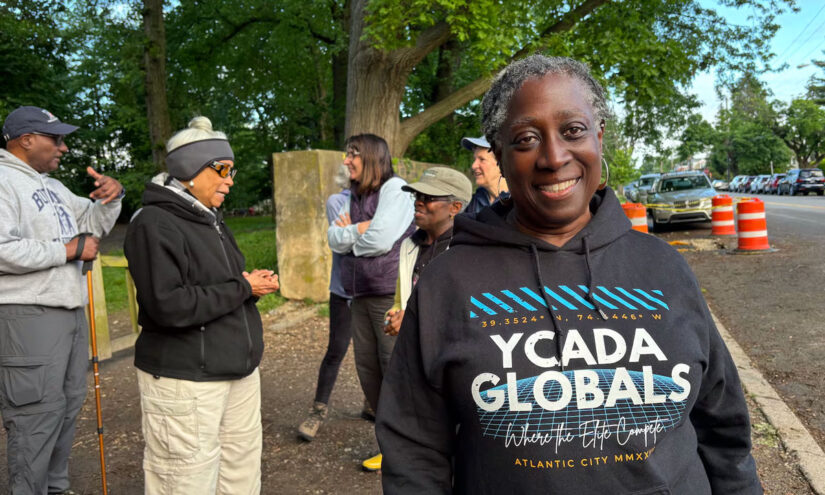During this summer, a team of students from MIT embarked on a journey to the sou …
70 years since Brown v. Board, school funding emerges as the new battlefront for educational equity
Emma Wordsmith

Back in 1969, Debra Matthews was a nearly 9-year-old eagerly anticipating the start of fourth grade with her friends at Rowen Elementary. However, her educational journey took an unexpected turn when her mother informed her that she would be attending a school five miles away from her home in West Oak Lane.
Recalling this time, Matthews remarked, “I didn’t have a choice.” She had envisioned exploring the new annex building at Rowen, but that was not to be. Instead, she, a Black student, endured a daily half-hour bus ride to predominantly white schools in Northeast Philadelphia throughout her schooling.
These long commutes were part of the efforts to achieve school desegregation.
This month marks the 70th anniversary of the groundbreaking U.S. Supreme Court ruling in Brown v. Board of Education, which effectively banned Jim Crow laws in 17 states mandating racial segregation in schools.
While the nation reflects on the legacy of Brown, Philadelphians are also looking back at their complex history with school segregation.
Unlike southern states with de jure segregation, Philadelphia’s segregation was de facto, stemming from personal choices like residential decisions that led to significant white flight.
Viewed as a potential litmus test for challenging segregation in Northern states, Philadelphia did not see a federal court case but witnessed over 40 years of legal battles and oversight from the Pennsylvania Human Relations Commission to integrate schools. This resulted in generations of Black students, including Matthews, being bused to schools outside their neighborhoods.
Despite these efforts, Philadelphia’s schools today remain highly segregated and under-resourced, with significant disparities in student demographics and conditions between majority Black and white schools.
Taking stock of the 70 years since Brown, Michael Churchill from the Public Interest Law Center notes that segregation in the North, including Philadelphia, has worsened. Attention has now shifted to addressing educational equity through school funding reforms.
Advocates emphasize the need to rectify the funding disparities that disproportionately impact schools with minority populations, such as Black and Latino students, by ensuring adequate resources and support.
Highlighting the recent court ruling declaring Pennsylvania’s education funding system unconstitutional for its reliance on property taxes, stakeholders are exploring ways to rectify racial and economic disparities in school funding and resources.
While addressing historical challenges, educators, policymakers, and advocates are considering new approaches to achieving integration and educational equity, focusing on racially inclusive models with shared responsibilities, diverse faculty, and equitable educational opportunities.
Reflecting on the past while looking to the future, there is a consensus on the need for sustained efforts to provide quality education and resources to all students, regardless of their background or zip code.


